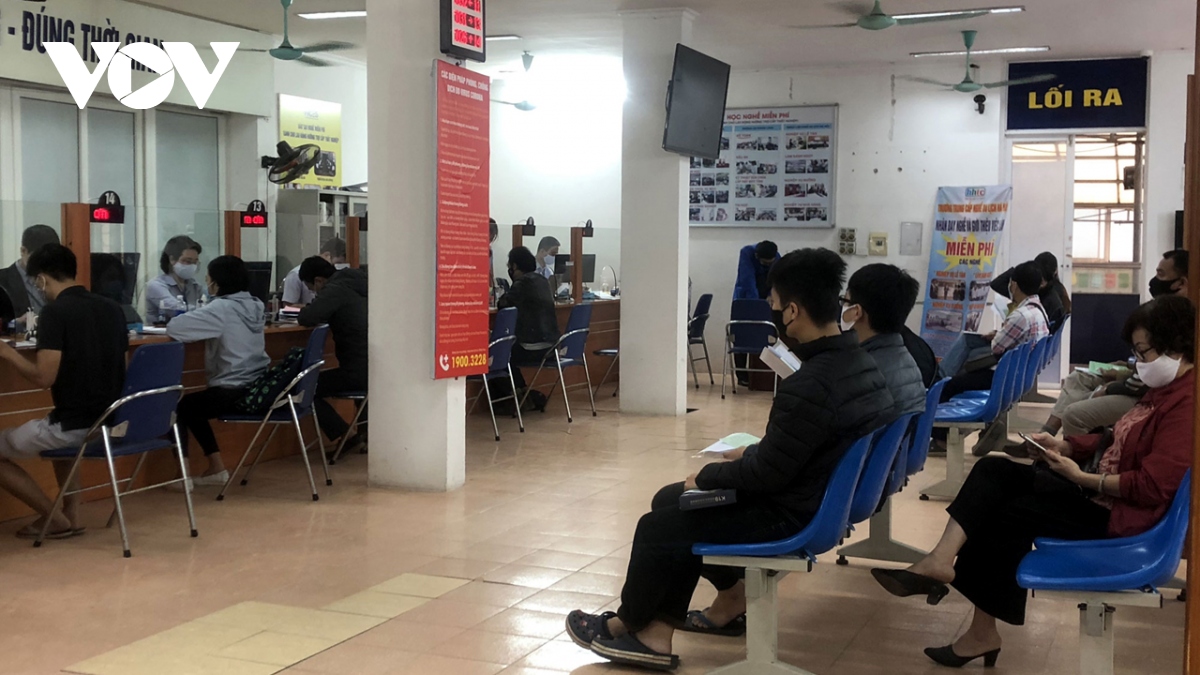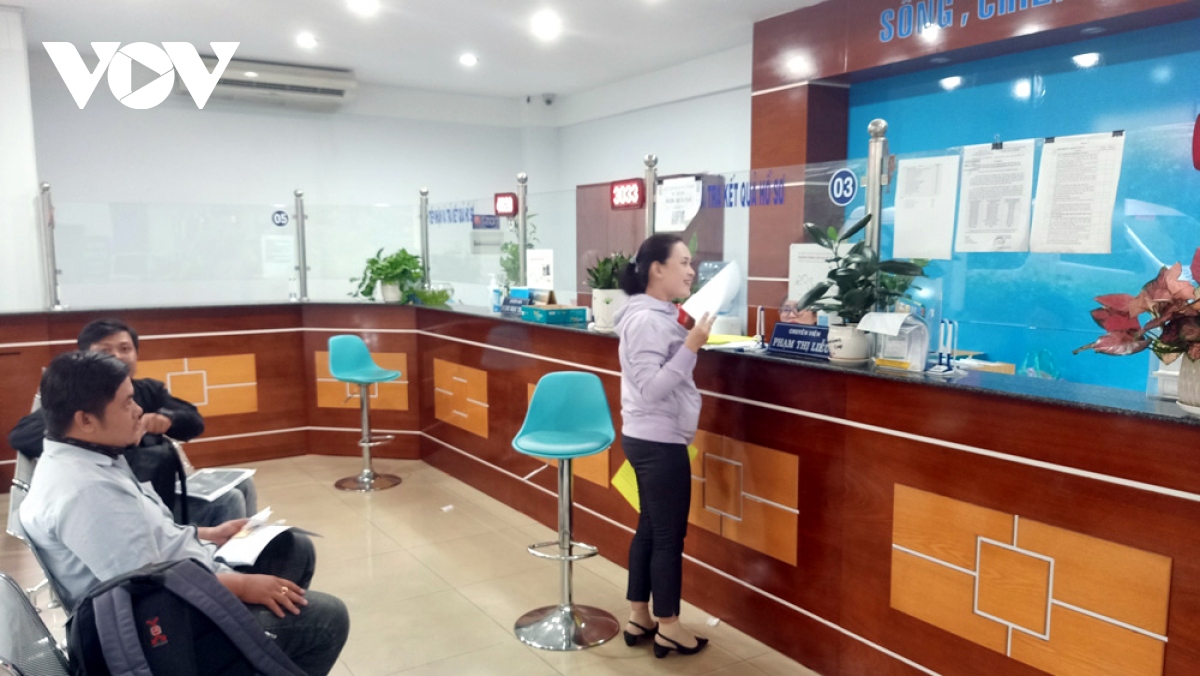Investment in FDI is Leading the Export of Vietnam
FDI is currently the leading driver of Vietnam’s exports, accounting for a large proportion of the total export turnover, along with many other important roles. According to the Foreign Investment Agency, Ministry of Planning and Investment, since the effective date of the Law on Foreign Investment (since 1987) – the first legal framework for foreign direct investment in Vietnam, by the end of 2023, there have been 143 countries and territories investing in Vietnam with nearly 40,000 projects and a total registered capital of over $462 billion.
Statistics from the Institute of Economic and Policy Research, National Economics University, Hanoi showed that among the 143 countries and territories investing in Vietnam, with nearly 40,000 projects and a total registered capital of over $462 billion, South Korea is currently the leading country in terms of both registered capital and implemented capital, followed by Singapore, Japan, and Taiwan (China).

The FDI investment area is contributing significantly to the growth and is one of the main drivers of expected growth.
The trend of European companies investing in Vietnam is also increasingly positive. Vietnam currently accounts for about 10% of the total FDI capital in the ASEAN region, ranking behind Singapore and Indonesia. The FDI investment area is contributing significantly to the growth and is one of the main drivers of expected growth.
According to Mr. Nguyen Quoc Viet – Deputy Head of the Institute of Economic and Policy Research, National Economics University, Vietnam’s exports by FDI enterprises account for over 70% of the total export value of the country, and the merchandise trade balance of FDI enterprises has a large surplus.
“The FDI investment area brings Vietnam into the global production chain and enhances production capacity. In particular, the presence of multinational corporations has contributed to the transfer of technology and management skills, improving the technological level of Vietnamese people, while increasing labor productivity and improving the competitive capacity of Vietnamese enterprises in the global value chain,” said Mr. Nguyen Quoc Viet.
These are the reasons explaining why attracting FDI is one of the key drivers of Vietnam’s economic growth and information about the investment trends of “leading the export” enterprises are always of interest. Mr. Koen Soenens, Business and Marketing Director of DEEP C Industrial Zone, affirmed that Vietnam has very attractive investment factors such as strategic location, well-trained young labor force, and continuously improved investment environment.
“With many newly signed trade agreements that are very suitable and beneficial to FDI enterprises. Especially, Vietnam is a new emerging market and currently the center of attention of countries around the world. I believe that the investment process of FDI enterprises in Vietnam will increase in the future,” said Mr. Koen Soenens confidently.
According to many international investors, to attract more and more investment, Vietnam must have both necessary and sufficient conditions. The main necessary condition is the advantages – reflecting Vietnam’s current position in the eyes of investors as mentioned above, and the sufficient conditions are many other factors such as investment environment, management direction, documentation, legal procedures… to create maximum conditions for businesses to develop and contribute to growth.
Mr. Nguyen Hai Minh – Deputy Chairman of the European Business Association in Vietnam (Eurocham) cited that there are European enterprises confident in technology and finance to deploy in Vietnam, bringing profits and impetus to Vietnam such as energy, renewable energy, or infrastructure investment. However, the biggest issue is still administrative procedures – the burden of licensing. Vietnam is currently doing well in disbursement of public investment and infrastructure projects are being vigorously implemented, but there are still many limitations in utilizing private capital and especially PPP capital, making it difficult for foreign investors to participate.
“With the expectation of technology transfer, but foreign experts still face barriers when coming to work in Vietnam. Specifically, regarding work permits, especially experts from advanced countries need to be more easily granted. Only then can they come to work in Vietnam and transfer technology, knowledge in the most natural way,” mentioned Mr. Minh.
Despite highlighting the shortcomings and challenges that need attention and adjustment, the figures from Eurocham provided show that the investment signal from the European business community in Vietnam is currently maintaining a positive trend. According to the latest survey results of the business confidence index conducted by this organization, European businesses not only voted Vietnam among the top 10 leading investment destinations in the world but also nearly 20% of surveyed leaders ranked Vietnam as the top priority position.
The important thing to stimulate the flow of capital from this resource, according to Mr. Tran Toan Thang, Strategy Institute for Development, Ministry of Planning and Investment, FDI enterprises’ investment depends on external and internal economic prospects. The state must send positive signals about the increasingly good economy – signals of major infrastructure works, large connections between provinces and economic zones… are very good. However, there are still obstacles, namely the issue of credit, bond market that needs attention.
From the perspective of management agencies, policy advisors, coordination, and promotion of policy implementation to attract-support the FDI business community along with the country’s economy, Mr. Nguyen Anh Tuan, Deputy Director General of the Foreign Investment Department affirmed that difficulties for FDI enterprises stem from many aspects, partly related to the responsibility of the Government in creating policy mechanisms and encouraging environments for development. The Ministry of Planning and Investment has proactively advised the Government as well as coordinated with ministries, localities to gradually improve the legal framework.
“We have a green growth strategy, an action plan to achieve the goal, but that is not enough. The Government will need to continue to direct ministries, sectors to review, ensure that the legal framework is truly favorable and encouraging. In which, we need to find the most practical, appropriate, and successful policy incentive mechanisms to support businesses,” Mr. Nguyen Anh Tuan said.

FDI enterprises need additional policy mechanisms, encouraging environments for development.
After more than 35 years since the Law on Foreign Investment was enacted, Vietnam’s goal in attracting FDI is to contribute to economic development, increase budget revenue, create jobs for workers, absorb modern science and technology, along with business models and advanced management skills, there have been many commendable results, causing multiple economic-social impacts, but have also been confirmed by experts that ‘expectations on attracting FDI have not been achieved yet’.












